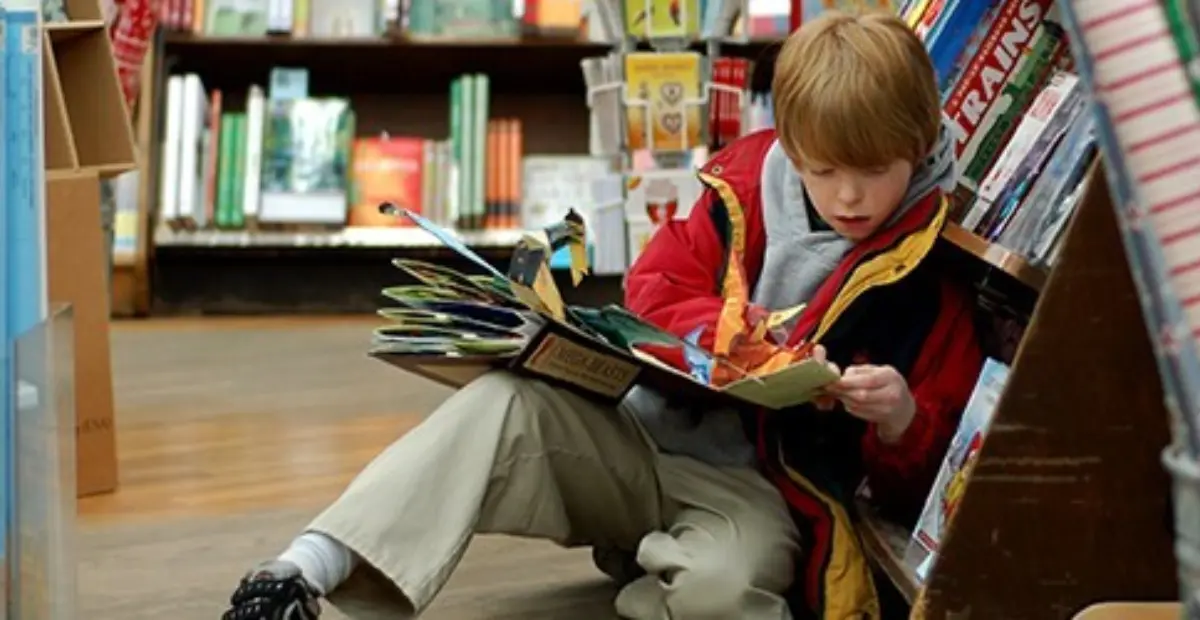Sitting down with a good book for pleasure is much different than sitting down to go over tax documents or reading a book that you are analyzing for a paper. Readers relax when they read for pleasure. They make a comfortable space and do all they cannot be interrupted while they devour tales of trips to far off places, unlikely romances, and conflicts for the heart of the world. It can be about historical figures that made a significant impact on society or events that changed the direction of society. Reading for pleasure does not have to be fiction!
Reading for pleasure starts with the adults. Administrators, teachers, and parents all have to show that reading is as much a fun activity as it is a necessary activity. Any teacher, even math and science teachers, can read to young students at the beginning of class. Let the parents know what their child liked, and did not like, and help them build a library at home. Or encourage students to go to the school or community library and find books they love.
What reading for pleasure has to be, though, is self-selected. Teachers and parents who hope, or make, children read books outside of class that are “better for them” blunt some of the pleasure otherwise found in the book. As children's book author Neil Gaiman once pointed out in a speech about libraries,” Do not discourage children from reading because you feel they are reading the wrong thing. Fiction you do not like is a route to other books you may prefer.” It is a route to other benefits as well.
Reading for pleasure does not make them better at reading; it makes them better at learning. The British Cohort Study (BCS) found that children that read for fun are not just better at reading and English, they are better at all subjects. On a longer timeline, they have a better vocabulary as adults as well. In fact, whether or not a child reads for pleasure at a young age can have more impact on their educational growth than socioeconomic status.
Another benefit that reading for pleasure has uncovered is better empathy and decision-making. The stories that people read often show characters interacting in a variety of situations. Children get so engrossed in the book that their brains would react as if the events were happening in the real world. A fourteen-year-old who participated in one of the studies commented that “sometimes when big stuff happens in my life, I\'ll think about what my favorite characters would have done, the ones I admire most. ... They all have different approaches, different ways they approach things, and then I try to apply that to my life, to see which way works for me.” The situations they see in books give them social clues to how people react to various experiences.
This understanding of socialization does not just come from what they are reading. Like any other hobbyist, readers often interact with other people that love reading. These interactions help students develop social skills at a young age. Students learn how to share opinions at a younger age as well as building their understanding of other cultures and perspectives.
Extending that love of reading to the home is equally important. Have books ready to be read at any place around the house. Instead of watching television, have a family reading night. Once your children are reading on their own, spend time reading books you like with them for pleasure. It can encourage them to ask about the book and possibly introduce them to a whole different subject or series!
Reading for pleasure has benefits that go beyond the scholastic. By giving students choices about what they want to read, a lifelong reader is created. Practice allowing your child to read what they want and see where it takes them!



